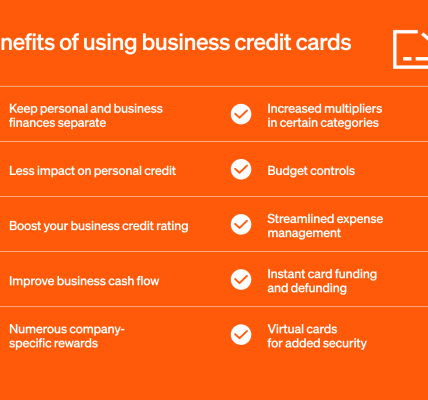Building a strong credit history is essential for long-term financial health, opening doors to better interest rates on loans, credit cards, and even rental agreements. Many individuals, especially young adults and newcomers to the country, find themselves facing the challenge of starting from scratch. Establishing credit requires patience and a strategic approach, focusing on responsible financial habits and the utilization of available resources. This guide will explore some of the best ways to establish credit and build a solid foundation for your future financial endeavors, ensuring you understand the nuances of the credit system.
Secured Credit Cards: A Stepping Stone
One of the most accessible methods for establishing credit is through the use of a secured credit card. These cards require a cash deposit as collateral, typically equal to the credit limit. This deposit protects the lender in case of default, making secured cards a lower-risk option for individuals with limited or no credit history. The secured card functions like a regular credit card, allowing you to make purchases and pay them off monthly. Responsible use, including timely payments and keeping your balance low, will be reported to the credit bureaus, gradually building your credit score.
Choosing the Right Secured Card
- Compare interest rates and fees: Look for cards with reasonable APRs and minimal annual fees.
- Check reporting practices: Ensure the card issuer reports to all three major credit bureaus (Experian, Equifax, and TransUnion).
- Consider the upgrade path: Some secured cards offer the possibility of upgrading to an unsecured card after a period of responsible use.
Credit-Builder Loans: A Structured Approach
Credit-builder loans are specifically designed to help individuals establish or rebuild their credit. Unlike traditional loans where you receive a lump sum upfront, with a credit-builder loan, the lender holds the funds in a secured account. You then make regular monthly payments to the lender over a set period. Once the loan is fully repaid, you receive the funds, minus any interest and fees. The lender reports your payment history to the credit bureaus, helping you build a positive credit record. This structured approach can be particularly beneficial for individuals who struggle with saving money or managing their finances.
Become an Authorized User on a Credit Card
Another way to establish credit quickly is to become an authorized user on someone else’s credit card account. If you have a trusted friend or family member with a long-standing credit history and responsible payment habits, ask if they would be willing to add you as an authorized user. Their positive credit behavior will be reflected on your credit report, helping you build your own credit score. However, be aware that any negative activity on their account, such as late payments or high balances, can also negatively impact your credit. Choose your authorized user wisely!
Responsible Financial Habits
Beyond these specific strategies, responsible financial habits are crucial for building and maintaining good credit. This includes paying all bills on time, keeping credit card balances low, and avoiding unnecessary debt. Regularly monitor your credit report for any errors or signs of fraud; By combining these practices with the methods outlined above, you can effectively establish and maintain a healthy credit profile. Remember to always be mindful of your spending and prioritize responsible financial management. The foundation of good credit is built upon a solid understanding of financial responsibility, and adopting these habits early on will be a lifelong asset. Establishing credit is a marathon, not a sprint.
Finally, remember that establishing credit requires patience and consistency. By taking proactive steps and practicing responsible financial habits, you can build a solid credit foundation and unlock a world of financial opportunities.

